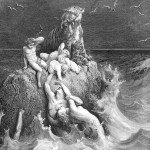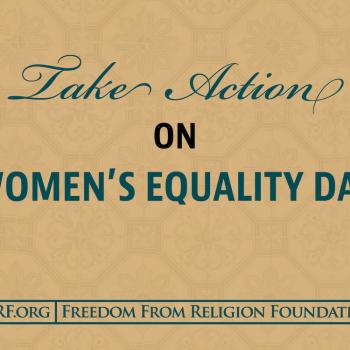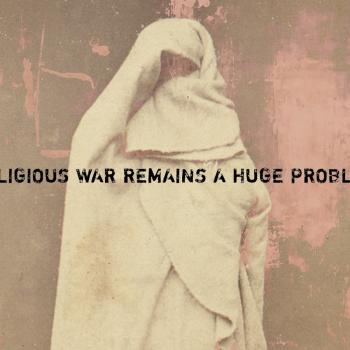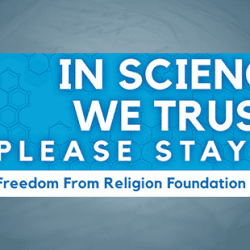Vidal v. Girard’s Executors
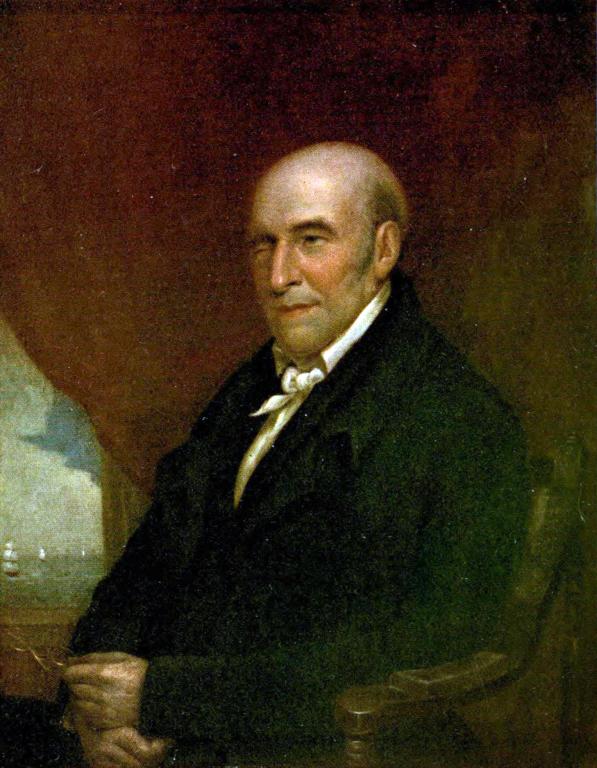
“Why may not the Bible, and especially the New Testament, without note or comment, be read and taught as a divine revelation in [schools]—its general precepts expounded, its evidences explained and its glorious principles of morality inculcated?…Where can the purest principles of morality be learned so clearly or so perfectly as from the New Testament?” –Vidal v. Girard’s Executors (1844 Unanimous Decision Commending and Encouraging the Use of the Bible in Government-Run Schools)
VERDICT: Grossly and Deliberately Misleading
“Why may not the Bible, and especially the New Testament, without note or comment, be read and taught as a divine revelation in the college—its general precepts expounded, its evidences explained, and its glorious principles of morality inculcated? What is there to prevent a work, not sectarian, upon the general evidences of Christianity, from being read and taught in the college by lay-teachers? Certainly there is nothing in the will, that proscribes such studies. Above all, the testator positively enjoins, ‘that all the instructors and teachers in the college shall take pains to instil into the minds of the scholars the purest principles of morality, so that on their entrance into active life, they may from inclination and habit evince benevolence towards their fellow-creatures, and a love of truth, sobriety, and industry, adopting at the same time such religious tenets as their matured reason may enable them to prefer.’ Now, it may well be asked, what is there in all this, which is positively enjoined, inconsistent with the spirit or truths of Christianity? Are not these truths all taught by Christianity, although it teaches much more? Where can the purest principles of morality be learned so clearly or so perfectly as from the New Testament?” –Vidal v. Girard’s Executors, 43 U.S. 127 (1844).
As the omitted language indicated, this is not about schools, it’s about one particular school created by a will. Understanding Hobby Lobby’s alteration of this quote requires understanding the underlying case. Hobby Lobby’s disingenuous description is worthless and wrong. This case involved a will, and therefore only Pennsylvania law, not the U.S. Constitution. Freethinker Stephen Girard’s will created a charitable trust that would fund a college to educate 300 orphan children, so long as “no ecclesiastic, missionary, and minister of any sect whatsoever, shall ever hold or exercise any station or duty whatever . . . nor shall any such person ever be admitted for any purpose, or as a visitor . . . .” Teachers were to instruct students on “pure morality, general benevolence, a love of truth, sobriety, and industry” without reference to religion.
Girard had amassed a substantial fortune, real property worth $1.7 million and personal property worth $5 million (around $140 million today). He died in 1831, without a wife or children, but his brother and four nieces challenged the will, specifically the orphan college provision, as “derogatory and hostile to the Christian religion” as “antichristian, and therefore repugnant to the law of Pennsylvania.” If they had succeeded, the relations (or possibly Philadelphia, another issue before the Court) would inherit the portion of the estate meant to go into the orphan college trust, about $2 million.
Girard prohibited religion in his schools because “there is such a multitude of sects, and such a diversity of opinion amongst them, I desire to keep the tender minds of the orphans, who are to derive advantage from this bequest, free from the excitement which clashing doctrines and sectarian controversy are so apt to produce . . . .” So did the Court decide to “commend and encourage the use of the bible in government-run schools”? No! The Court upheld the provisions of Girard’s will excluding all religious instruction and even visitation by ministers to his school for orphans, finding it perfectly valid and in keeping with Pennsylvania law.
Source: Vidal v. Girard’s Ex’rs, 43 U.S. 127 (1844). Here’s the decision.


